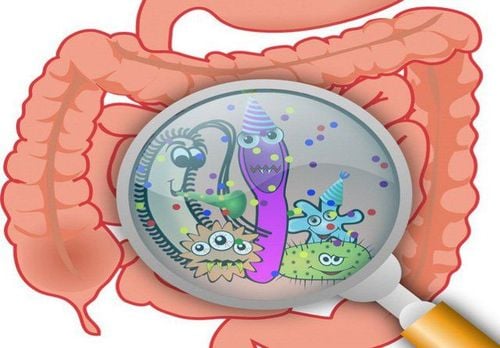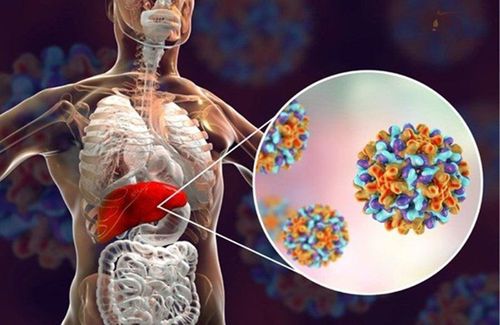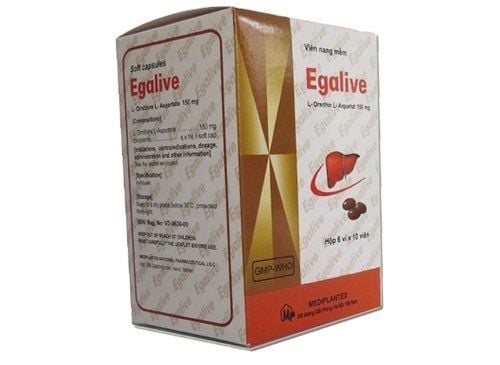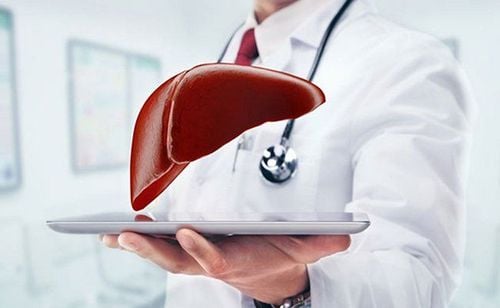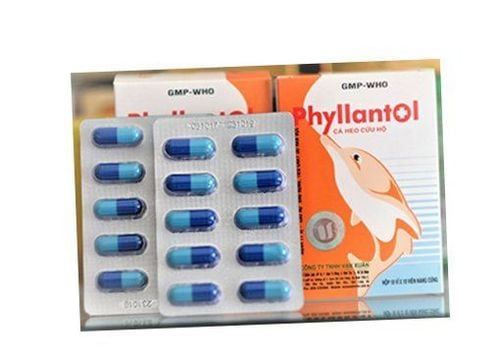This is an automatically translated article.
The article was professionally consulted by Doctor Tran Quoc Tuan - Emergency Resuscitation Doctor - Emergency Resuscitation Department - Vinmec Phu Quoc International General HospitalDecompensated cirrhosis, or end-stage cirrhosis, can develop into cancer and leave many dangerous complications, directly threatening the patient's life. Although treatment of decompensated cirrhosis cannot completely restore liver function, it can limit damage and prevent complications of the disease.
1. Principles of treatment of decompensated cirrhosis
Combined with liver function rehabilitation, Prevention of complications of the disease: infection with ascites, gastrointestinal bleeding, liver pre-coma; Prevention of disease progression: elevation of cirrhosis, cancer of the liver.2. Drug treatment
Specific treatment drugs include:Blood clotting disorders: take vitamin K for 3 days, if prombin does not increase, stop using it. If there is a risk of bleeding, give plasma.
Increase bile excretion: Cholestyramine (Questran), ursolvan
Albumin human: If blood albumin drops to less than 25g/l with edema or membrane effusion, then give albumin human
Infusion of branched amino acid solution
Inject or vitamin B group
Diuretics: use if there is edema or ascites.
Treatment of ascites:
Reduce daily salt intake to less than 2g/day Drink less water <1 liter of water/day Regularly monitor electrolytes, about 3-7 days/time Monitor weight and urine Patient mild and moderate ascites can be used diuretics. But if the patient has a lot of ascites, causing abdominal distension, shortness of breath, it is necessary to combine with diuretics and drainage of 2-3 liters every 2-3 days and albumine 8-10g/l of ascites removed. go. In case of severe ascites making it difficult to treat, high-dose diuretics with spirolactone 400mg and furosemide 160mg/day have been used but still not responding, so ascites several times in 1 week and albumine infusion 8g/l of ascites. remove or use TIPS or perform peritoneal shunt or liver transplant. Prophylaxis of gastrointestinal bleeding due to gastric varices and esophageal varices

Xơ gan mất bù có thể được điều trị bằng thuốc
3. Treat the cause
Treating the cause is the foundation for treating decompensated cirrhosis, slowing the progression of the disease, and improving the effectiveness of treatment.Cirrhosis caused by alcohol, tobacco: absolutely need to quit alcohol, beer, stimulants Cirrhosis caused by hepatitis B virus, hepatitis C virus: inhibit the replication of hepatitis virus Hepatitis. Cirrhosis due to malnutrition: adjust diet, eat enough protein in every meal toxic chemicals
4. Methods of supporting treatment
Reasonable diet Do not eat too full, should divide into many small meals during the day Limit greasy foods such as fried foods, stir-fried... Replace with steamed, boiled dishes... Eat clean foods , avoid eating foods containing harmful substances that can increase the ability to accumulate toxins in the body Eat light, limit salt. Limit liquid foods to prevent excessive accumulation of fluid in the body. Patients with signs of edema should reduce protein in the daily diet. Replace animal protein with plant protein Eat more green vegetables, fruits, increase fiber, vitamins for the body, especially dark green vegetables Completely abstain from alcohol, beer, tobacco, substances with harmful substances harmful to the liver. Cirrhosis ascites is common in alcoholics. Balance between work and rest, keep healthy, avoid overwork Do not stay up late Daily gentle exercise Help patients understand their condition and how to avoid complications
Tập thể dục nhẹ nhàng hàng ngày là một trong những phương pháp hỗ trợ điều trị xơ gan mất bù
5. Re-examination time
People with decompensated cirrhosis during treatment need to have regular check-ups so that doctors can grasp the disease status and treatment effectiveness:For patients taking diuretics: follow-up after 7-10 days For patients after esophageal varices: follow-up after 2-3 weeks For patients after varicose veins injection: follow-up after 1 month 1 - 3 months For patients with cirrhosis already in the stable stage: follow-up examination after 3 - 6 months
Please dial HOTLINE for more information or register for an appointment HERE. Download MyVinmec app to make appointments faster and to manage your bookings easily.




